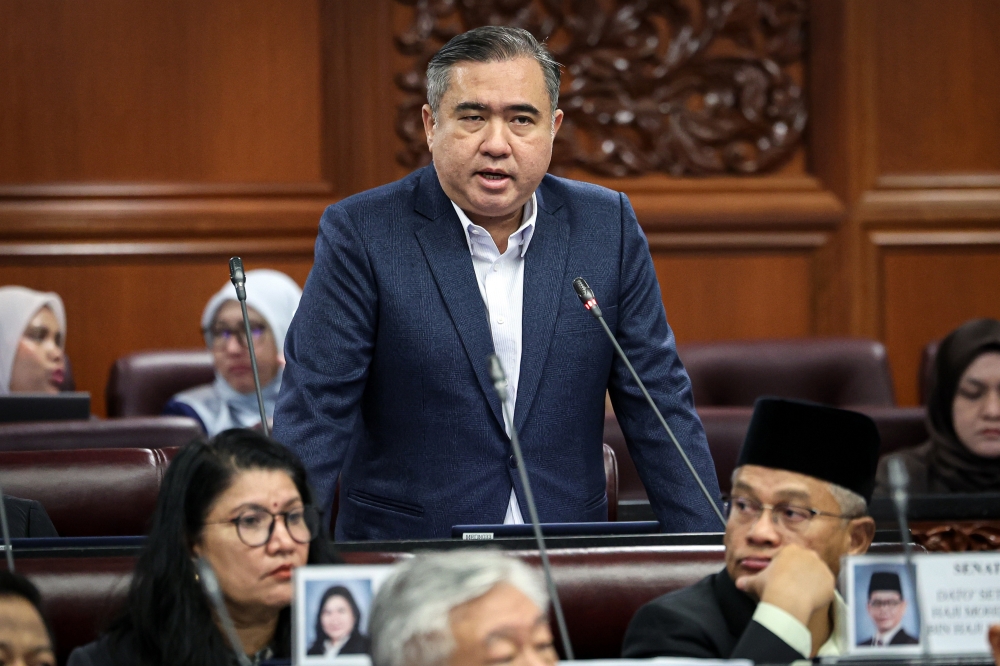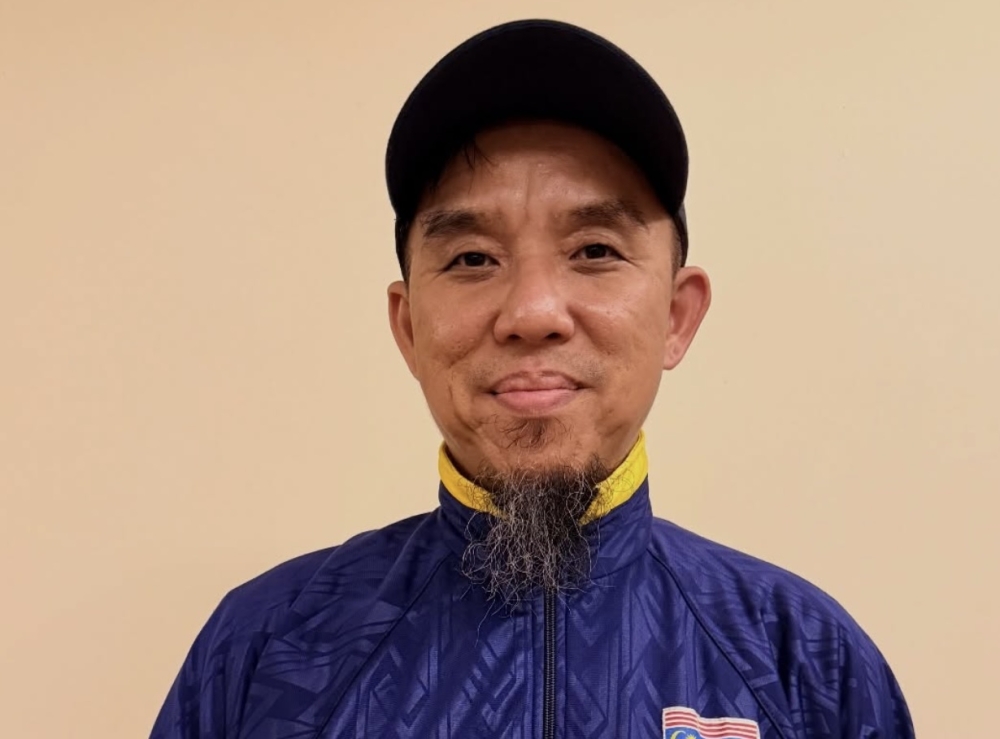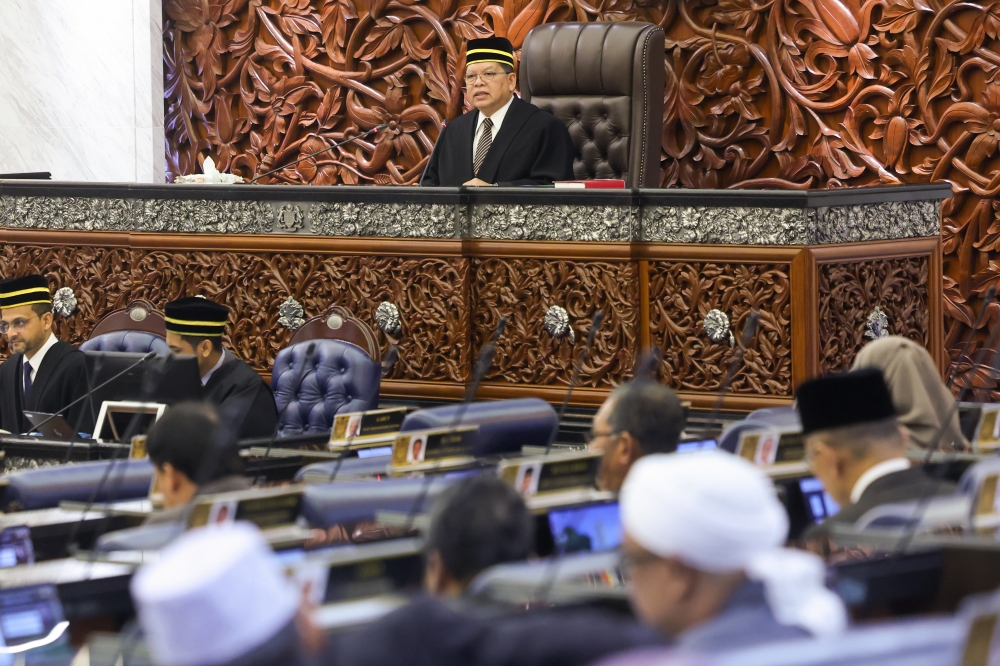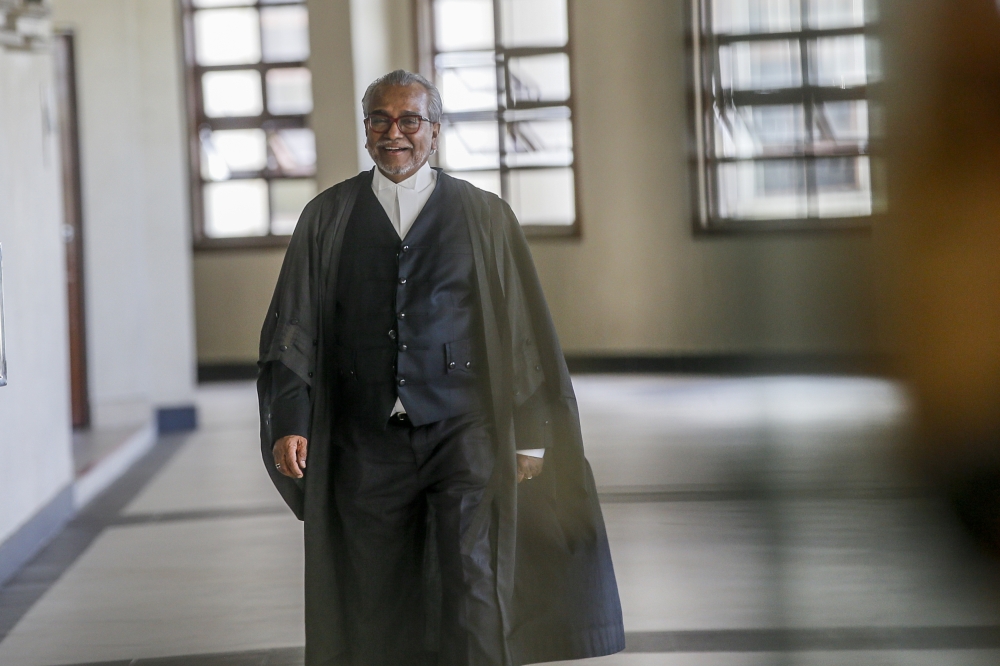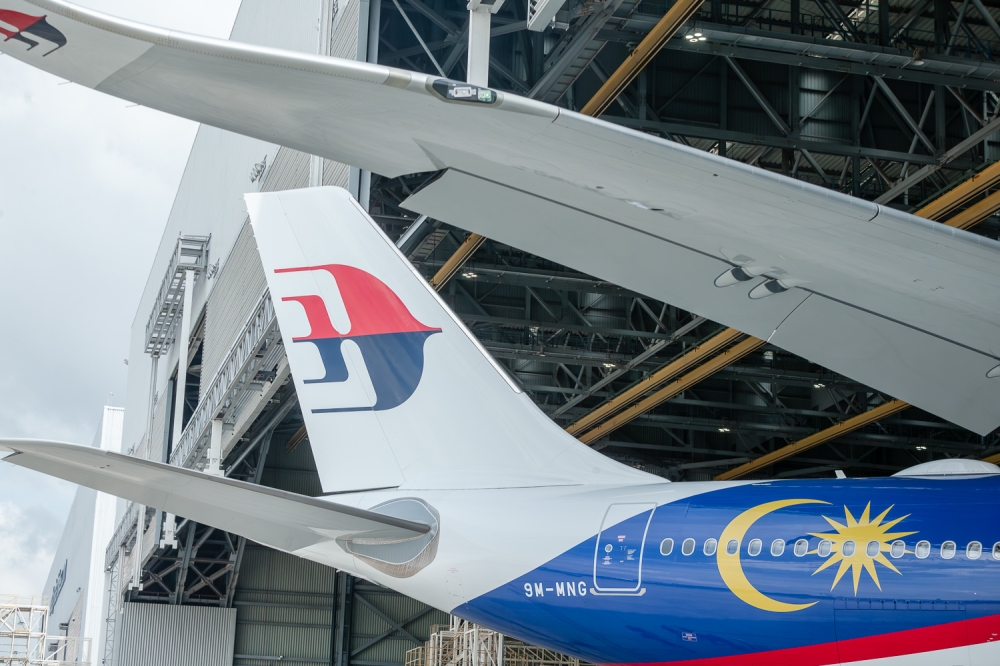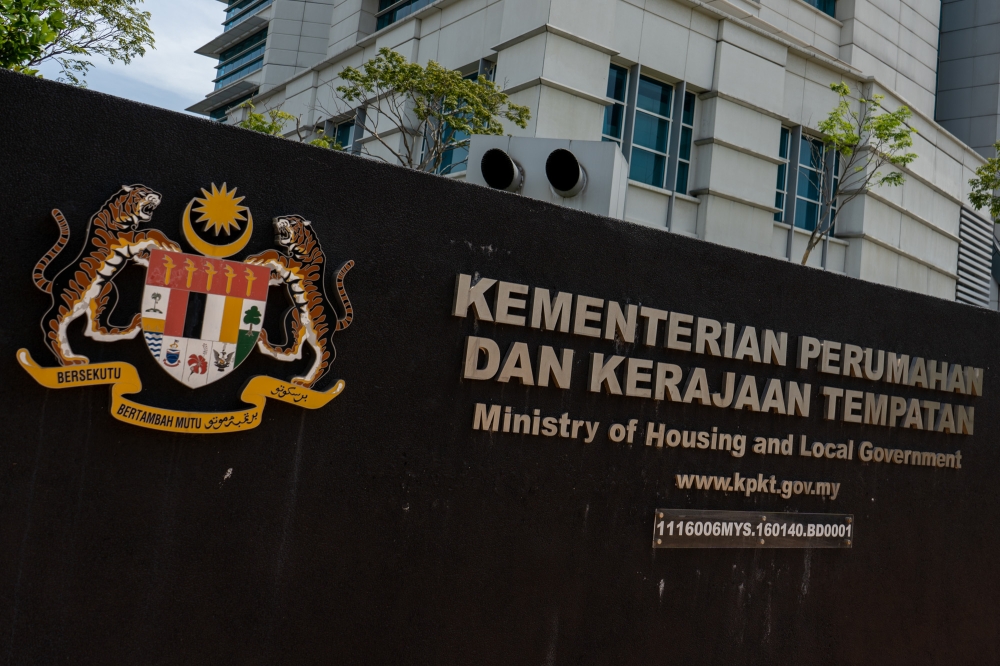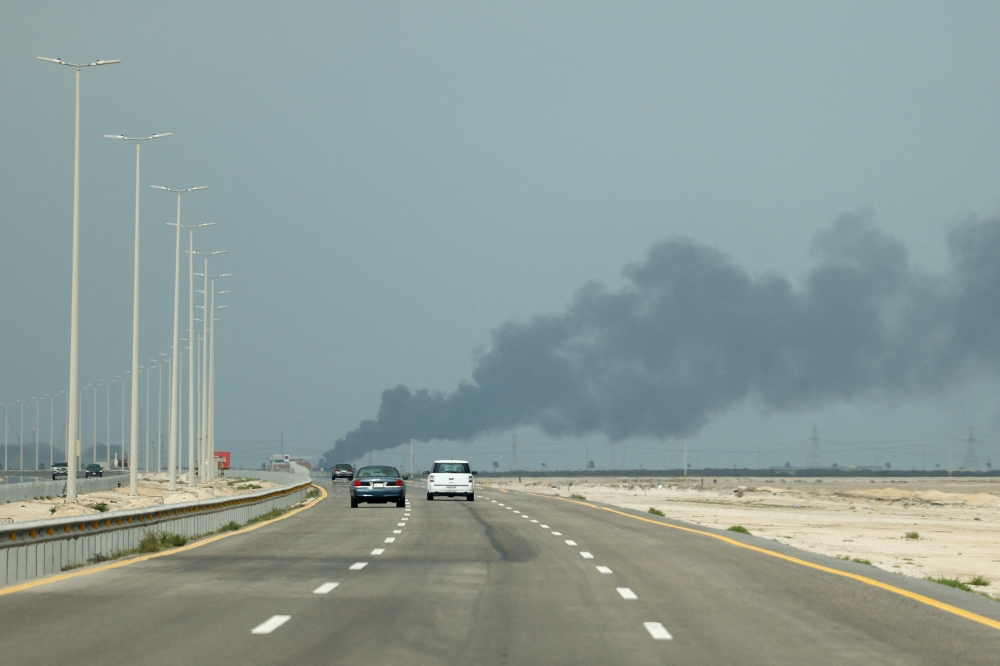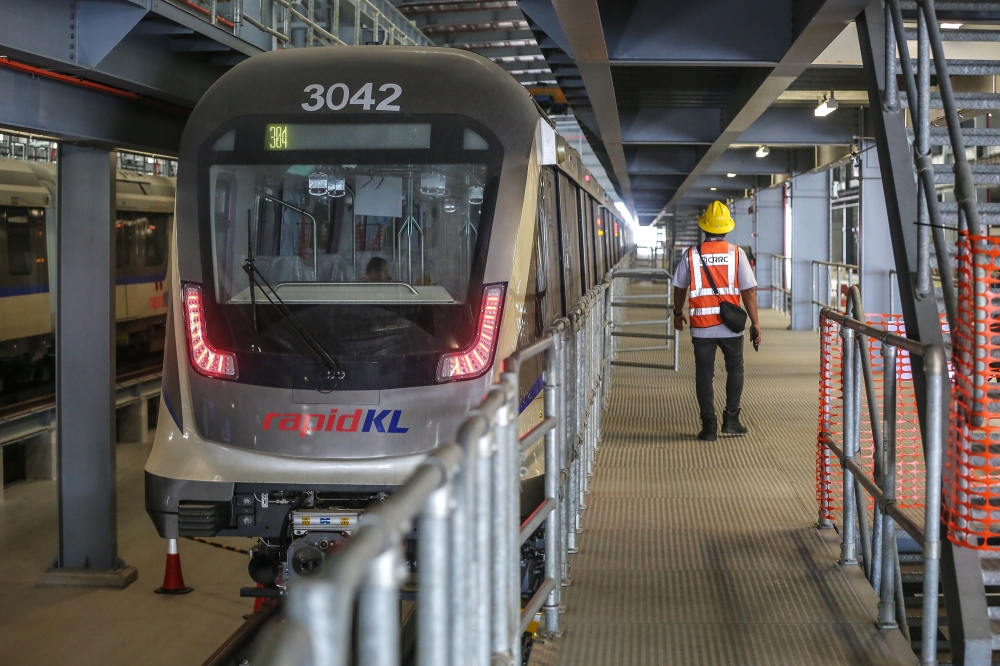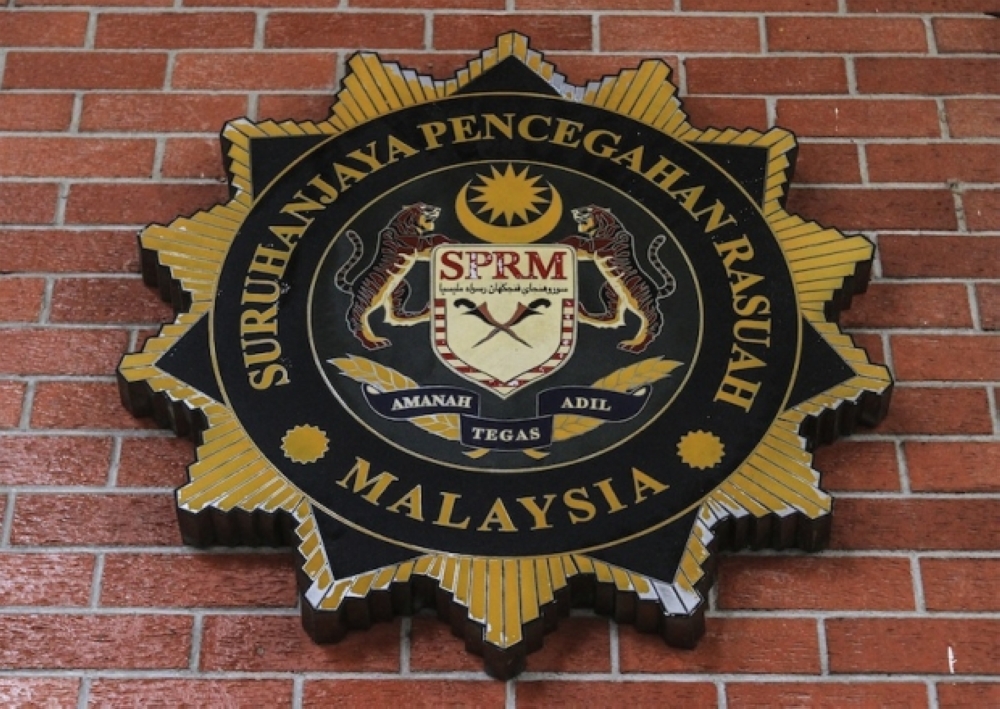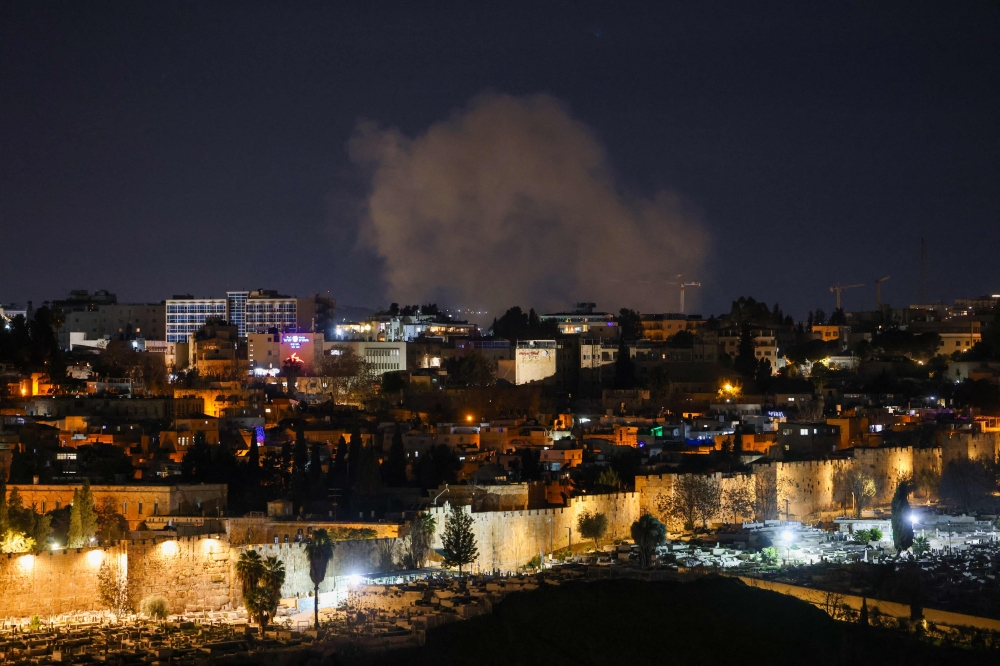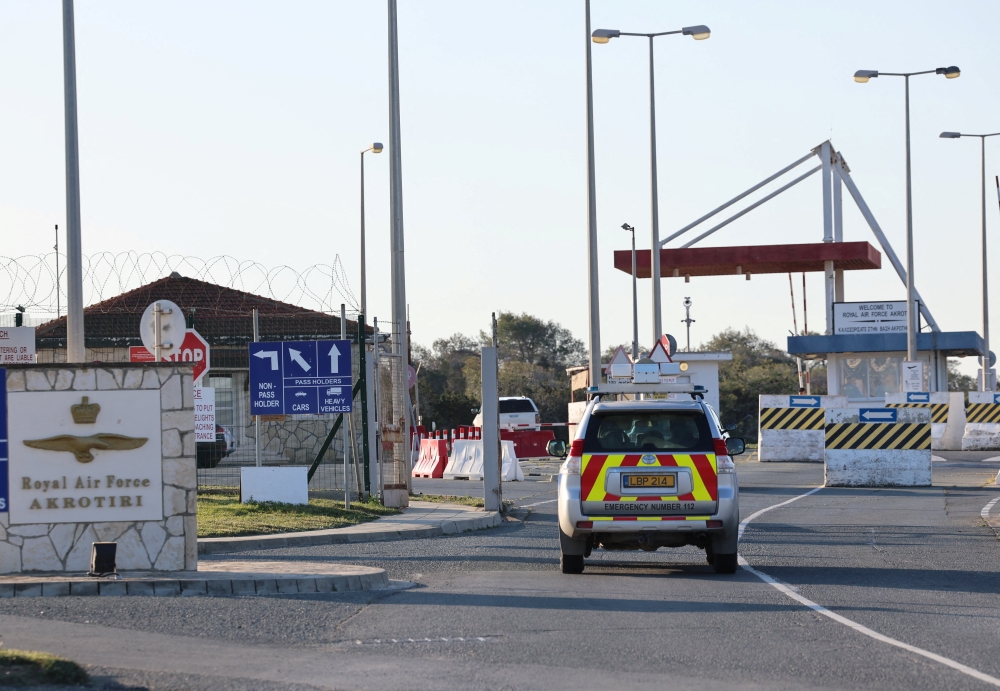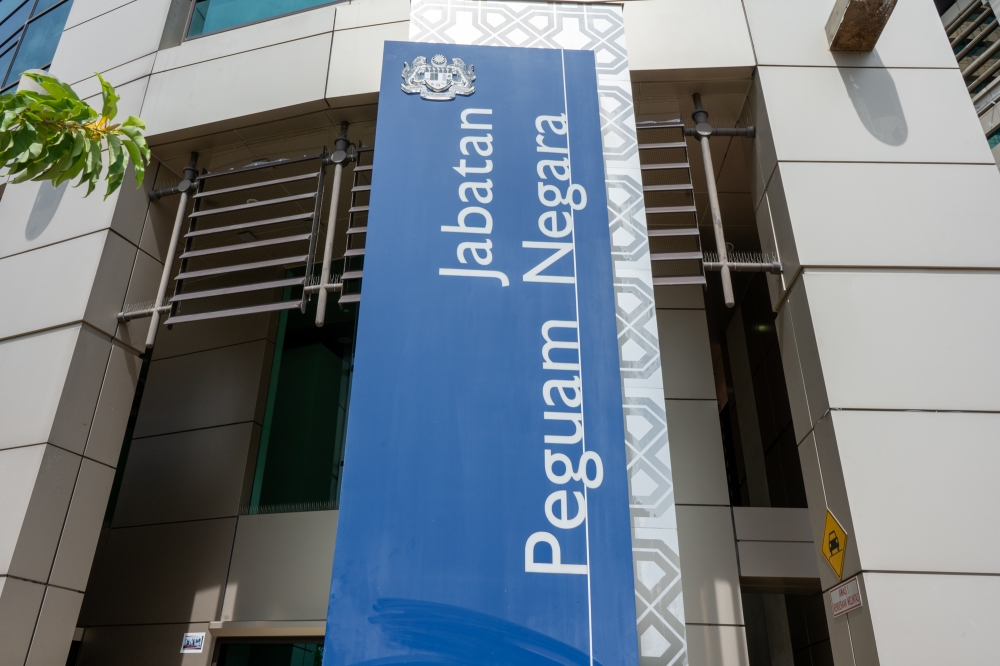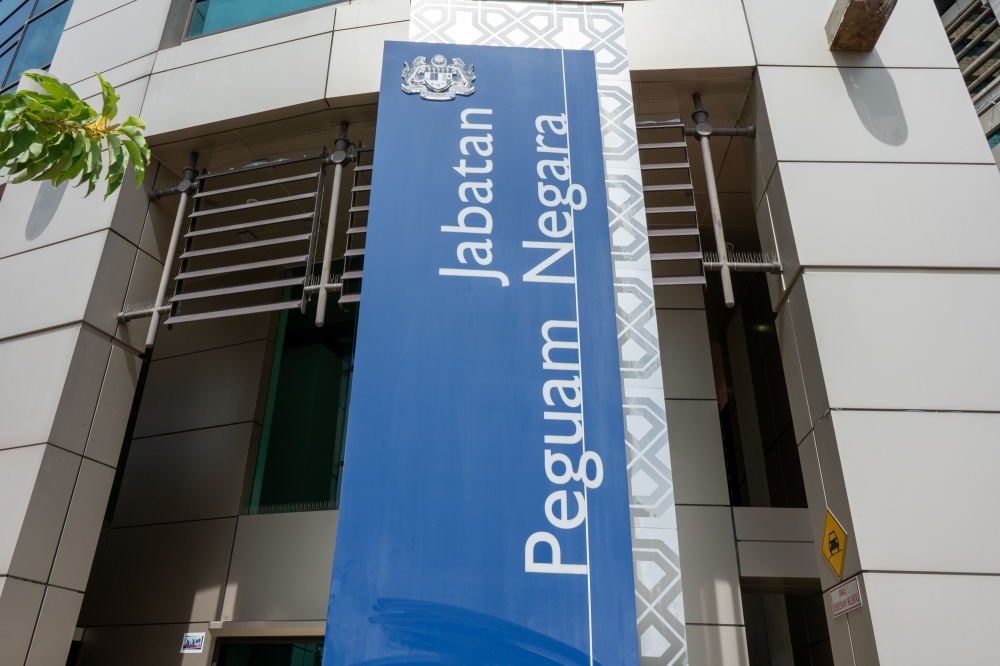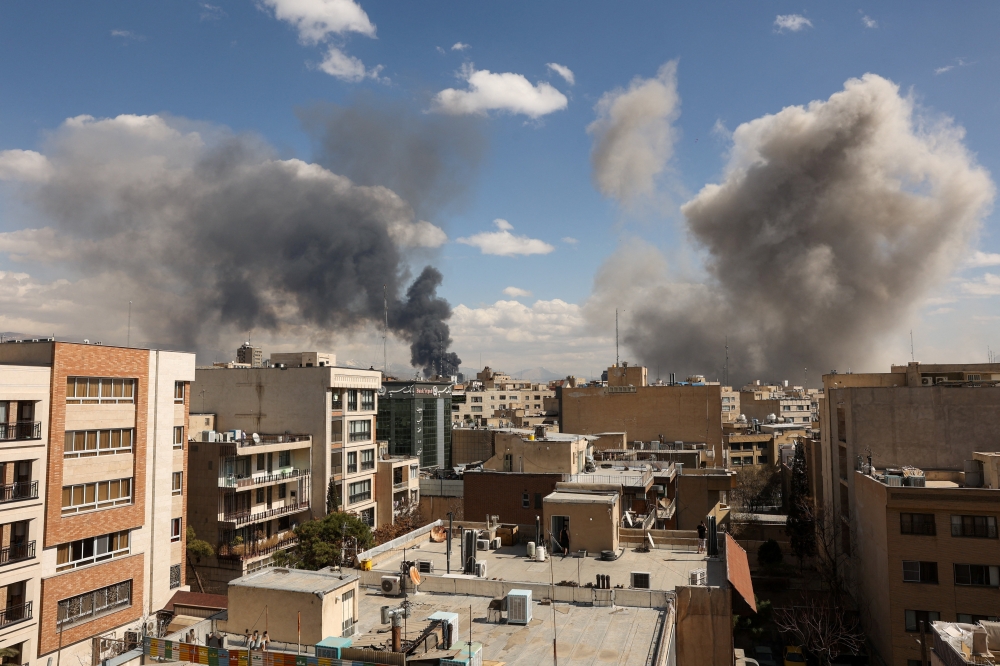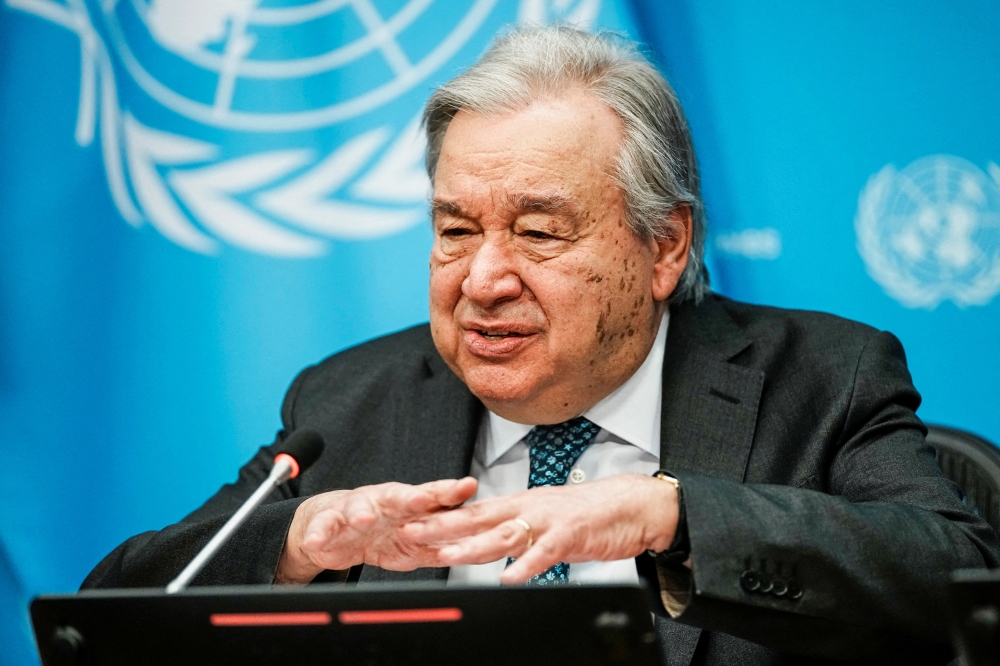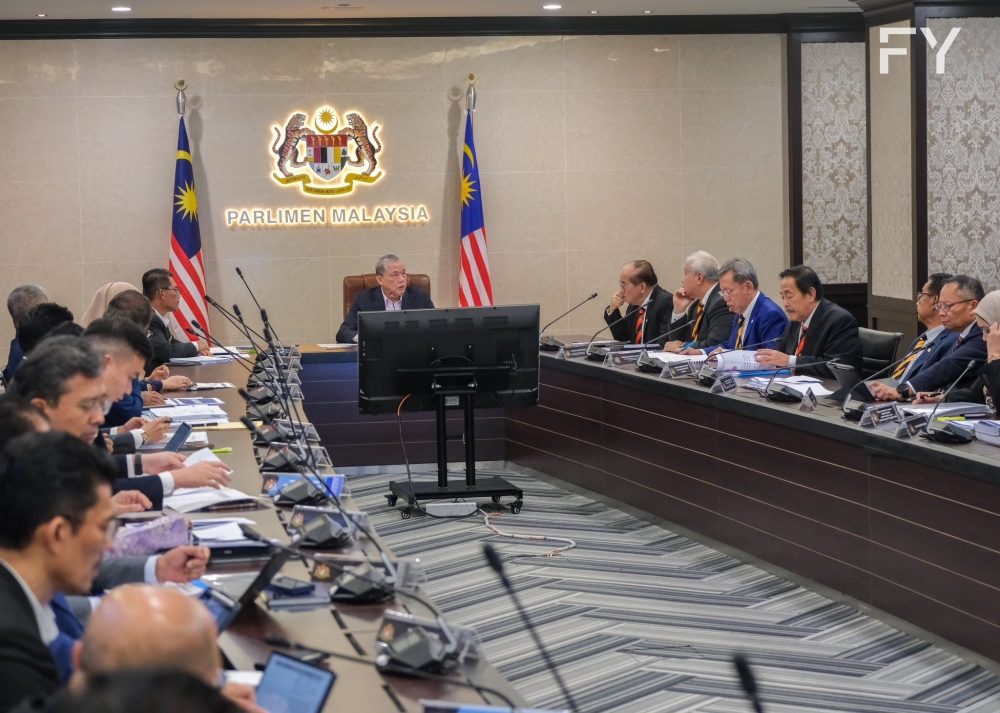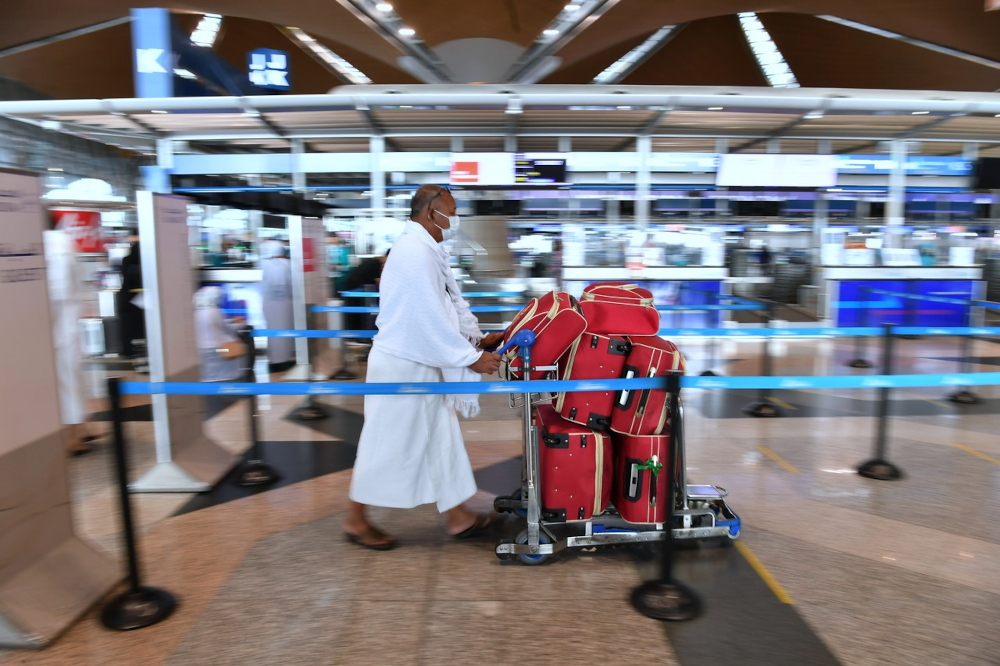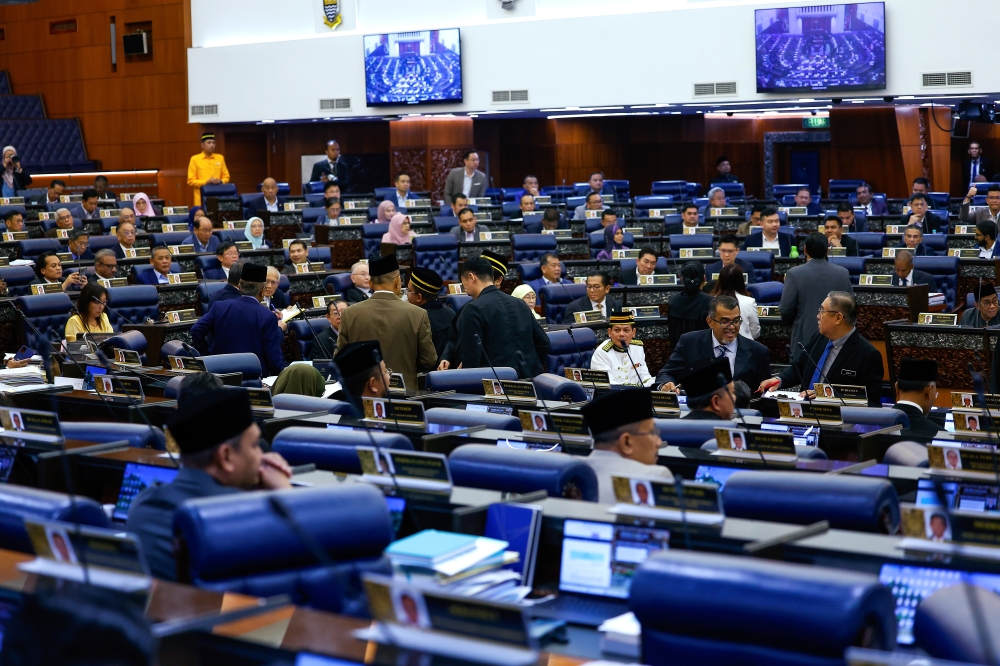JUNE 29 — These last few months have been challenging for everyone, everywhere. However, one of the biggest consequences of Covid-19 that can be observed is how global crisis can exacerbate existing inequalities.
Malaysia’s fight against Covid-19 has been commended as a successful one. The government’s response has successfully reduced the reproductive rate of the virus to below one, as we slowly move into reopening all sectors of the economy.
Furthermore, the relatively low number of deaths in Malaysia throughout this pandemic reflects a robust healthcare system and effective coordination and management of crisis response. However, inequality of access to healthcare in Malaysia is unfortunately still present and has been further exacerbated by poor decision making rooted in xenophobia.
As of April 2020, there are around 177,800 refugees registered with UNHCR in Malaysia. However, the number of unregistered asylum seekers is significantly larger. The Covid-19 pandemic has posed severe challenges for refugees and asylum seekers in Malaysia.
This already marginalised community is more vulnerable during the pandemic and movement control, with no job protection and high dependency on humanitarian aid and donations.
The political will to ratify the 1951 Convention on the Status of Refugees or formulate proper policies for refugees is the root of the problem; a comprehensive policy can help Malaysia make some real progress in addressing the plight of refugees and asylum seekers.
Therefore, the lack of access to healthcare for refugees in Malaysia is nothing new; the pandemic has merely highlighted how a systemic gap in policy is ineffective, and can further pose a security challenge to everyone during times of crisis.
However, the government’s U-turn on an initial promise to not detain or arrest “illegal immigrants” during the pandemic movement controls is both a violation of human rights and a step backwards in Malaysia’s Covid-19 response.
The Covid-19 healthcare response has been largely successful because it has rightfully been led by health experts, and the move to arrest “illegal immigrations” and detain them was flawed on the ground of human rights and health security.
From a public health point of view, it comes as no surprise that detaining people in crowded cells with no social distancing measures is essentially providing the virus with a convenient breeding ground. Already we have witnessed three immigration detention centre clusters.
On June 4 there were 270 Covid-19 cases detected at the Bukit Jalil Immigration Depot, making it the largest daily spike since the beginning of the pandemic.
Detentions have also naturally exacerbated fear within the refugee community pushing them further into hiding, preventing them from accessing healthcare services and creating further risk of spreading the virus within this population.
Managing the pandemic for an unregistered population can be challenging, however various other solutions that do not violate human rights and create further public health concerns can be explored and is urgently needed as Malaysia moves into the recovery movement control order.
Alternative solutions
Firstly, detainment of refugees and asylums seekers must stop. With rising infection rates in detention centres, the government needs to rethink its strategy when fighting the pandemic in this community.
Although UNHCR registered refugees have been spared detention or released refugees beyond identity verification, those who are not registered have little protection.
In parallel to that, as suggested by MSF head of mission Beatrice Lau, the government could consider a temporary repeal of circular 10/2001 by the Ministry of Health that requires doctors to report “illegal immigrants” seeking healthcare services to the police and immigration authorities.
Repealing circular 10/2001 will allow medical professional to provide medical care regardless of immigration status. It will also reduce fear of arrest and encourage refugees to seek care if they experience any symptoms.
In the medium term, the government should consider innovative policies to reduce barriers to healthcare services. The cost of improving access to healthcare for refugees does not need to be born solely by the government; collaboration with the private sector and existing NGOs that already work with this community can be explored.
Alternatively, as proposed by a group of Malaysian civil society members, a non-citizen health act that includes refugees and asylum seekers would benefit everyone. A non-citizen health act could give basic health rights to refugees and reduce the negative public health consequences of policies of exclusion as witnessed during this pandemic.
The Malaysian government continues to avoid acknowledging that the refugees that live within our community, are very much a part of our community. Turning a blind eye towards their needs and staying on the path of no policy is not humane, practical, or sustainable.
Refugees and asylum seekers are a group born out of crisis. Covid-19 has showed us that anyone, anywhere can be vulnerable to the negative consequences of a crisis.
It is important to look at this pandemic as an opportune time to understand how the cracks in our healthcare system can pose challenges to our health security, and work towards fixing them.
* Vaisnavi Mogan Rao is a senior research executive at the social policy unit of IDEAS.
** This is the personal opinion of the writer or publication and does not necessarily represent the views of Malay Mail.

